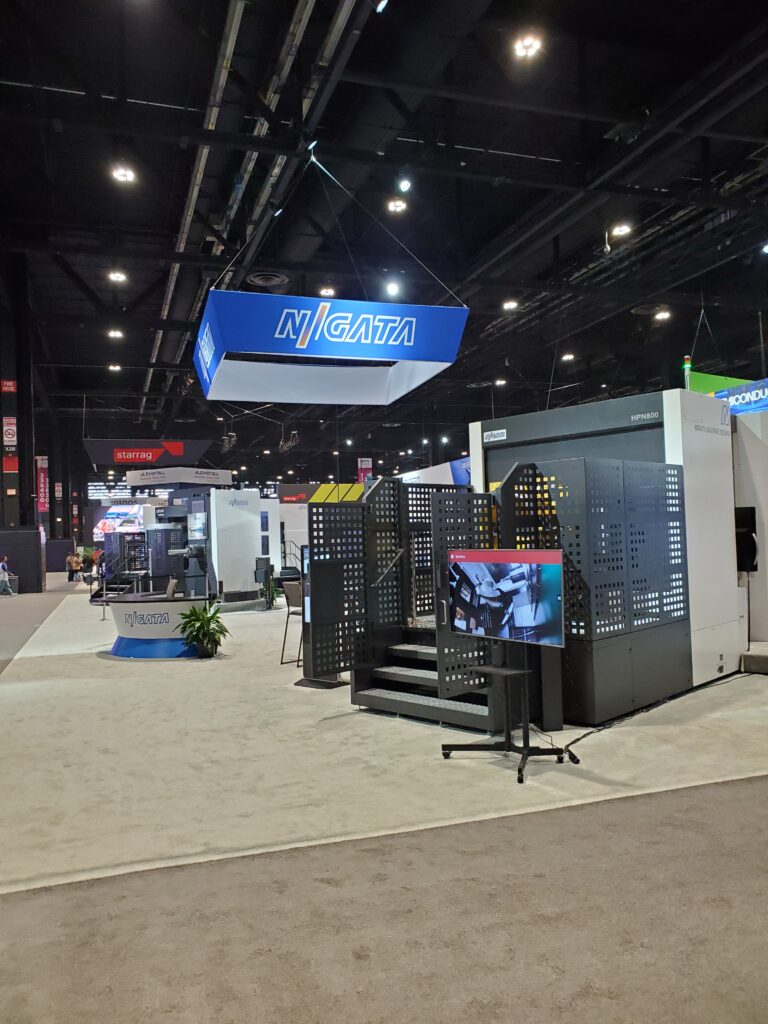[vc_row][vc_column width=”5/6″][vc_column_text]
When selling residential property, a distinctive part of the process is completing the Real Property Disclosure Report, which in most cases, is required pursuant to Illinois statute. A Real Property Disclosure Report is a report created by the seller of residential real estate disclosing any issues with the property of which the seller is aware. For example, the Real Property Disclosure Report requires the disclosure of issues with a residential property’s drinking water, problems with the electrical or plumbing system, or leaks in the property’s roof. Pursuant to Illinois law, if a seller does not disclose a property condition that the seller is aware of, the potential buyer can terminate the purchase contract, if the sale has not been completed, or if the sale has been completed, the buyer can sue the seller for damages and the buyer’s attorneys fees for any undisclosed condition for a period of a year after the closing date.
The Real Property Disclosure Report only requires disclosure of conditions that a potential seller has actual knowledge of, and completing the Report honestly is enough to avoid the potential liability imposed by the Real Property Disclosure Act in most cases. However, a Real Property Disclosure Report is not required in all residential transactions. In fact, the Real Property Disclosure Act includes statutory exemptions for certain sellers who are exempt from providing the Real Property Disclosure Act. For these sellers that would otherwise be exempt from providing the Real Property Disclosure Report, completing the Report actually creates legal liability where none existed before.
While not an exhaustive list (for which reference is made to 765 ILCS 77/1), the most common sellers exempted from providing the Real Property Disclosure Report are:
(1) fiduciaries, such as trustees, guardians, and executors
(2) property transfers ordered by a court of law
(3) transfers pursuant to the foreclosure process
(4) transfers from a relocation company
By providing a Real Property Disclosure Report, these exempted sellers put themselves at legal risk should they improperly complete a Report, or fail to disclose everything they may be aware of, a risk that multiplies when one considers institutional fiduciaries who may have multiple employees with knowledge of the real estate.
For exempted sellers, the cure is simply to not provide a Real Property Disclosure Report, and note the reasoning to the prospective buyer. On the other side of the transaction, for buyers who find themselves not receiving a Real Property Disclosure Report because of an exempted seller, the opportunity to obtain a home inspection takes on even more importance, and that opportunity should be utilized. Thankfully, most residential purchase contracts in Illinois (including our local WCBA-RAAR Residential Purchase Contracts) include an opportunity period for home inspections.
Residential property transactions are typically the biggest transaction that the average citizen makes, both from a buying perspective and a selling one. Cognizance of limiting risk for sellers by not circulating reports not required by law, and cognizance of avoiding undisclosed risk for buyers by actively investigating a proposed property, can go a long way toward making these transactions a constructive experience for all involved.
For representation as to your residential transaction, or for questions as to whether you might be required to provide a Real Property Disclosure Report as part of your residential transaction, please reach out to your attorneys at WilliamsMcCarthy LLP.[/vc_column_text][/vc_column][vc_column width=”1/6″][/vc_column][/vc_row]





